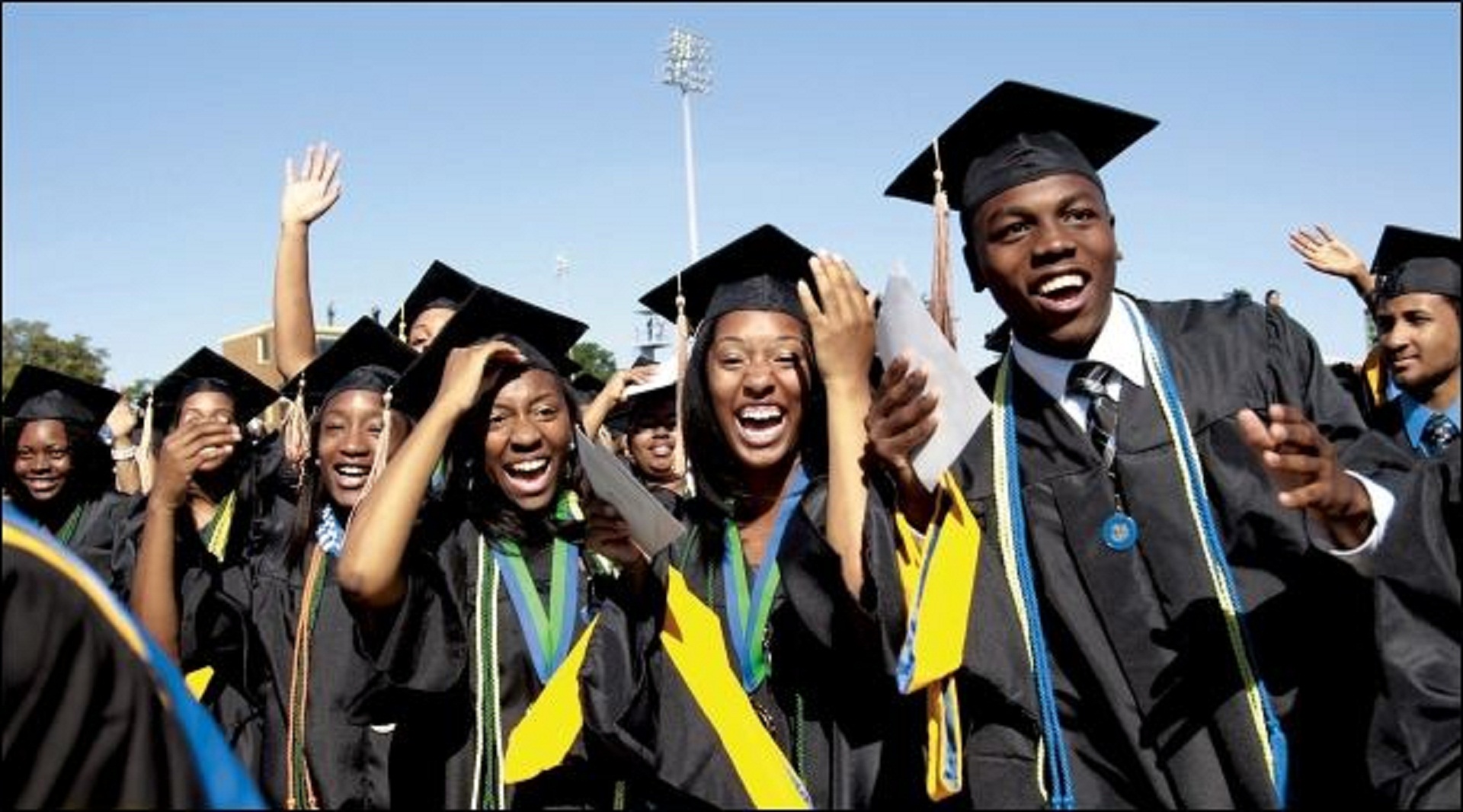Private higher learning institutions have requested the ministry of education to devise a framework that
can also deploy government-sponsored students to these universities as one of strategies to help them recover from Covid-19 effects.In a phone interview with The New Times, Dr Callixte Kabera, the president of the Private Universities’ Association and vice-chancellor at the University of Tourism, Technology and Business Studies in Rwanda said that private universities need ‘special support’ from recovery fund that includes deploying government-sponsored students considering that a big number of students have dropped out, access to long-term loans at lower interest rates compared to other businesses affected by Covid-19.
There are 27 private universities of which 14 are owned by locals and 13 are international universities.
“Research has indicated that the education sector suffered from particular covid-19 effects. For instance, at least 20 percent of the students dropped out and never came back due to financial constraints. Even those who came back, parents also affected are not affording tuition fees. It has a big impact on us,” he said.
He added that students from abroad have also not returned to these private universities.
Kabera said that they have submitted all requests to the Higher Education Council for advocacy.
“They have pledged to work on the issues and discussions are ongoing,” he said.
The universities had also to pay staff yet they had been financially hit by the pandemic.
Appeal for special loan package
The Government, last year, launched a special economic recovery fund estimated at over $200 million (approximately Rwf186bn) aimed at supporting local businesses that are hardest hit by the coronavirus pandemic.
However, private universities have not yet leveraged it as it was expected due to criteria that they say were not applicable to them.
“The private universities need special support because applicability of access to recover fund was not easy. So far I know only one private university that tried to access the fund but in a difficult way,” he said.
Some criteria that have impeded the universities from accessing working capital from the funds, he said, include having no accumulated unpaid bank loans as of March 2020.
“The effects of Covid-19 on the education sector are known. We held a meeting with the Higher Education Council three weeks ago to discuss all our requests. We informed authorities that the education sector needs attention to help it recover.
We can now have access to the recovery fund but we are requesting to access loans at 5 percent interest rate per year and the loans should be long-term loans. We are also requesting a one-year grace period before we start paying back. Discussions continue,” he said.
For the Working Capital facility, banks are lending to clients at around 8 per cent interest rate.
The New Times has learnt there was another meeting scheduled on Friday, April 30 bringing together private university representatives, Higher Education council, banks, Central Bank and other concerned institutions to discuss the matter.
Kabera said that in order to ensure social distancing, hygiene infrastructure and online teaching and learning systems and infrastructure at universities, it requires more investments.
Among other bottlenecks to accessing the fund also included having a recent tax clearance certificate.
“We need financial support because we spent about a year without operating,” he said.
At the end of last year, The Government reviewed the terms and conditions for local firms eligible to receive the Economic Recovery Fund to increase the number of local businesses eligible for the support.
Rwanda set to roll out the second phase of the Economic Recovery Fund in June.
Speaking to this paper Dr. Rose Mukankomeje the Director-General of High Education Council ( HEC) reiterated that Covid-19 has particularly affected the education sector adding that after reviews the recovery fund will support private universities.





No comments :
Post a Comment